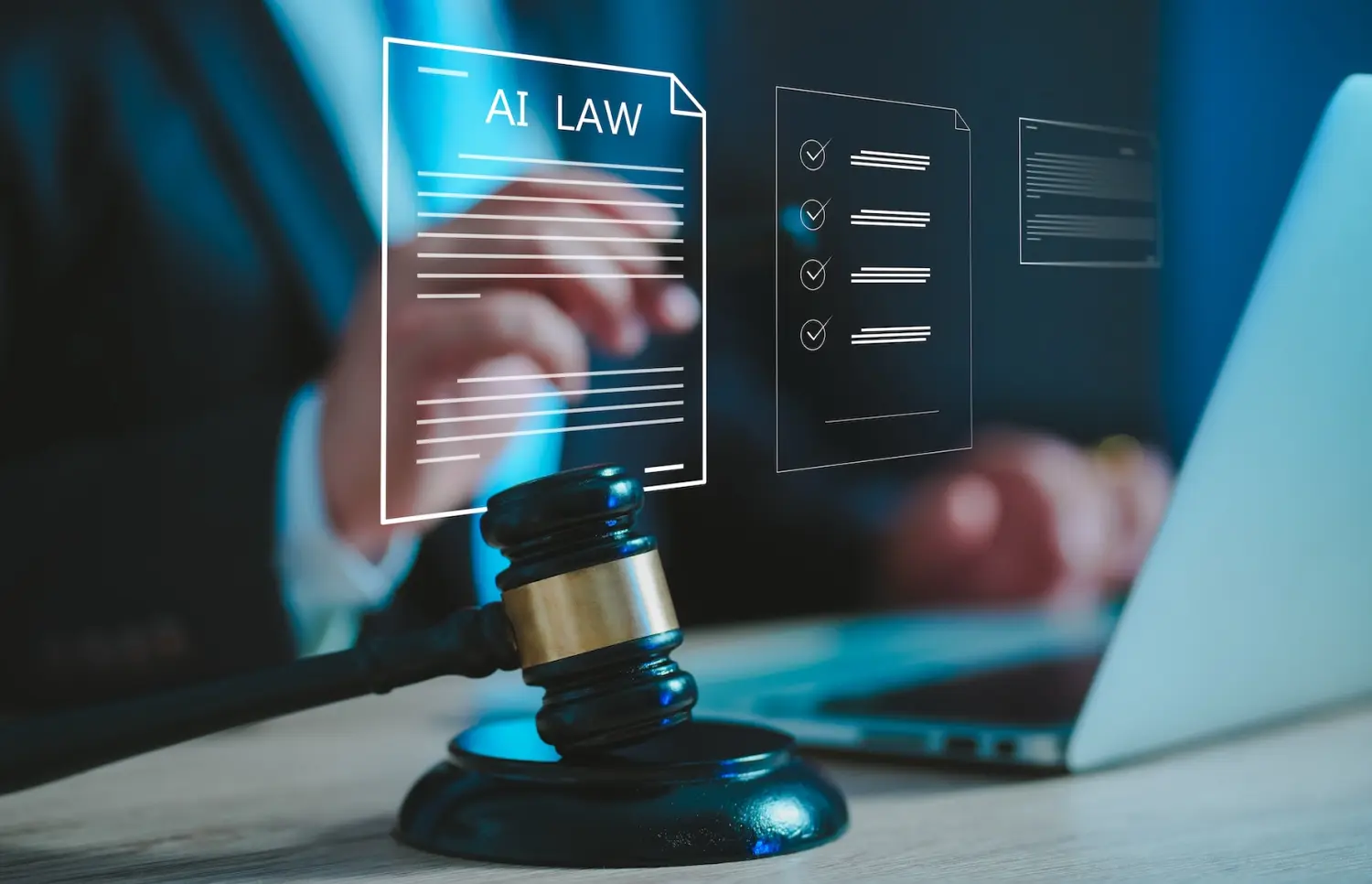Introduction to the growing use of AI in technology and its impact on society
Artificial Intelligence (AI) is no longer just a futuristic concept; it’s woven into the fabric of our daily lives. From voice assistants that respond to our commands to algorithms determining what we see online, AI technology is everywhere. Its rapid advancement raises important questions about how these systems impact society and shape our experiences.
As more companies integrate AI solutions, people are starting to recognize both the benefits and pitfalls of this powerful tool. The growing conversation around the ethics of AI reveals a collective desire for transparency and accountability in technological development. It’s clear: as we embrace innovation, we must also grapple with its implications on privacy, bias, and decision-making processes.
With public sentiment shifting towards responsible use of technology, there’s an increasing demand for concrete regulations—an “AI Act” that ensures ethical standards guide development. This blog delves into the current state of AI’s influence on society while exploring why ethics in AI matters now more than ever. Join us as we unpack these pressing issues surrounding responsible AI principles and consider what they mean for our future together.
Ethical concerns surrounding AI and algorithms
As artificial intelligence becomes more integrated into our lives, ethical concerns loom large. Algorithms can perpetuate biases that lead to unequal treatment of individuals based on race, gender, or socioeconomic status.
Moreover, privacy issues arise when AI systems process vast amounts of personal data without consent. This raises questions about surveillance and the extent to which our choices are influenced by unseen algorithms.
Transparency is another critical issue. Many users remain unaware of how these AI-driven decisions are made or what data feeds them. The lack of clarity creates distrust and leaves room for manipulation.
Accountability remains a significant challenge. When an algorithm makes a mistake or causes harm, it’s often unclear who should be held responsible—the developers, companies, or the technology itself? Addressing these ethical dilemmas is crucial as we navigate an increasingly automated world.
The need for regulations and guidelines for ethical use of AI
As artificial intelligence becomes more entrenched in daily life, the call for regulations is becoming louder. Society increasingly relies on algorithms to make decisions that impact everything from healthcare to hiring practices.
Without clear guidelines, companies may prioritize profit over ethical considerations. This can lead to biased outcomes and reinforce existing inequalities.
Regulations could serve as a framework for responsible AI development. They would provide standards that ensure transparency, fairness, and accountability in algorithmic processes.
Establishing these rules isn’t just about preventing harm; it’s about fostering public trust in technology. When people know there are safeguards in place, they are more likely to embrace innovations.
Collaboration among stakeholders—governments, tech companies, and civil groups—is essential. Together they can craft policies that align technological advancements with societal values while prioritizing the ethics of AI at every turn.
Current efforts being made to address these concerns
Organizations worldwide are stepping up to tackle the ethical challenges posed by AI. Numerous tech giants are developing frameworks that prioritize transparency and accountability. These guidelines aim to ensure that algorithms operate fairly and without bias.
Research initiatives are also gaining traction, focusing on understanding the implications of automated decision-making. Scholars collaborate with industry leaders to create standards for responsible AI adoption.
Moreover, grassroots movements advocate for public awareness about algorithmic impacts. Communities are demanding clarity on how their data is used and scrutinizing companies’ practices more closely than ever before.
International bodies like the European Union have begun drafting regulations known as the “AI Act.” This legislative move seeks to provide a comprehensive framework addressing safety, privacy, and fairness in AI technologies across member states.
With these efforts underway, there’s hope for a future where ethical considerations take center stage in technological advancements.
Public demand for ethical tech and accountability from companies
The call for ethical tech is louder than ever. Consumers are increasingly aware of the implications behind AI algorithms that shape their online experiences. They want transparency, fairness, and accountability from the companies that develop these technologies.
Social media platforms, search engines, and other digital services face scrutiny over how they handle data and promote content. Users expect these organizations to prioritize ethics over profit margins.
People are demanding clarity about how personal information is used and safeguarded. This demand extends to algorithmic bias as well; individuals want assurance that technology doesn’t reinforce societal inequalities.
As a result, many organizations find themselves at a crossroads. Embracing responsible AI principles isn’t just a trend—it’s becoming essential for building trust with consumers in an age defined by algorithms. Businesses must adapt or risk losing credibility in this evolving landscape.
The role of government in implementing AI regulations
Governments play a pivotal role in shaping the future of artificial intelligence. As AI technology rapidly evolves, regulatory frameworks must keep pace to ensure public safety and ethical standards.
Legislation can help define what constitutes ethical use of AI. Clear guidelines can prevent misuse and promote accountability among tech companies. This is crucial as algorithms increasingly influence decisions that impact everyday lives.
Moreover, governments have the authority to establish oversight bodies dedicated to monitoring AI development and implementation. These organizations can assess risks associated with specific technologies while ensuring compliance with responsible AI principles.
Public engagement is also essential in this process. Governments should actively seek input from diverse stakeholders, including technologists, ethicists, and community members. By fostering collaboration among these groups, policies will better reflect societal values and concerns surrounding the ethics of AI.
Through effective regulations, governments can guide innovation while safeguarding individual rights and promoting fairness in an algorithm-driven world.
The importance of responsible development and use of AI in shaping our future
The development and use of artificial intelligence are pivotal in shaping our future. As we harness the power of AI to drive innovation, efficiency, and convenience, we must also navigate the ethical landscape that accompanies such advancements. The impact of algorithms on society is profound; they can influence decisions from healthcare to hiring practices. Therefore, adopting responsible AI principles should not be an afterthought but a fundamental aspect of technology integration.
Investing in ethical frameworks will ensure that AI serves humanity’s best interests rather than undermining them. Companies need to prioritize transparency and accountability within their operations while adhering to regulations like the proposed ai act. This movement towards ethical tech is more than just a trend; it’s essential for fostering trust between consumers and technology providers.
Governments play a crucial role by enacting laws that enforce these standards while encouraging innovation without compromising public welfare. Together with industry leaders and communities, active participation in discussions about the ethics of AI can lead to solutions beneficial for everyone involved.
As we stand at this crossroads, embracing responsible development practices will help us create a digital world where technology enhances lives instead of complicating them—an outcome worth striving for as we move forward into an increasingly automated age.




